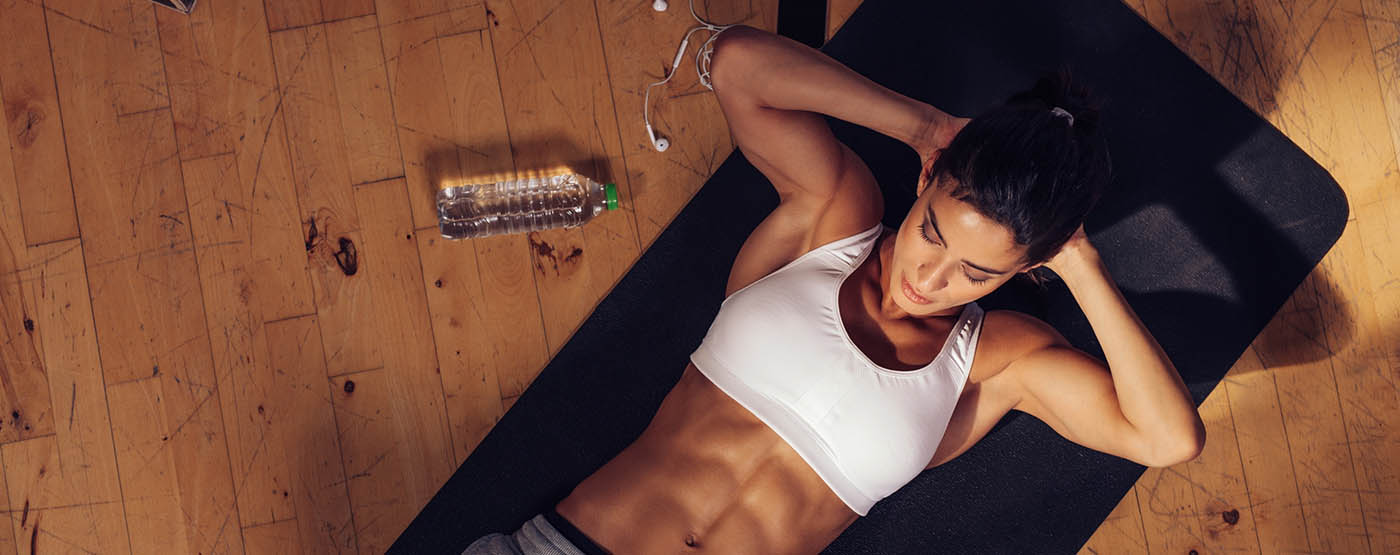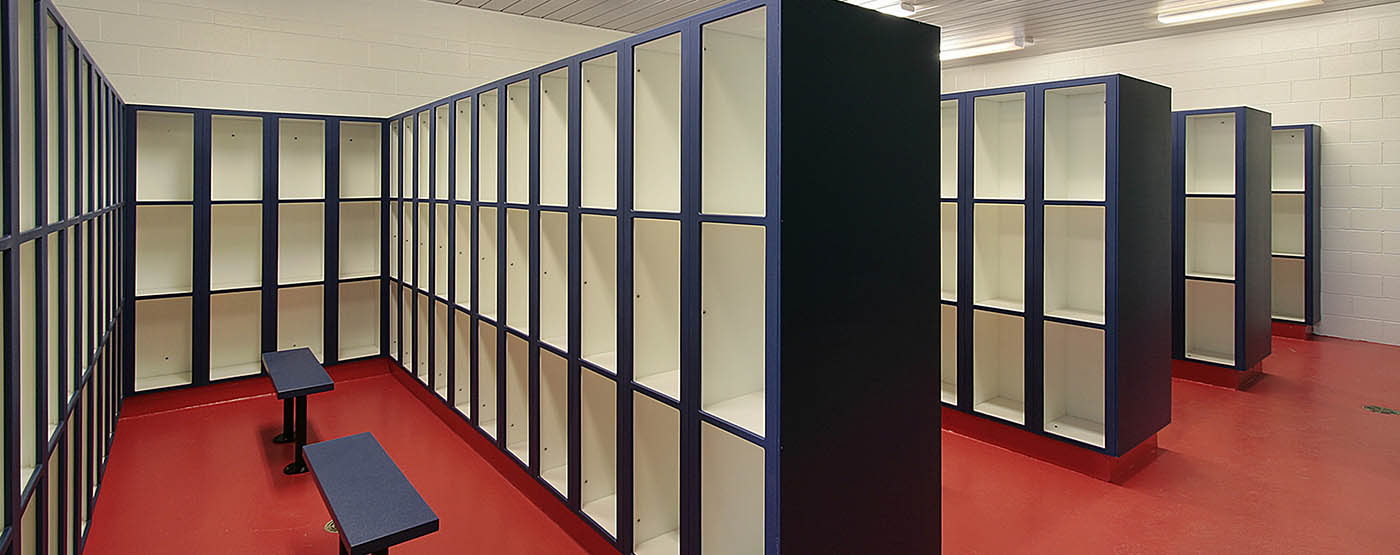Cleaning gym floors and equipment is mandatory when it comes to preventing the spread of disease and skin infections. Because of the nature of gyms and athletic facilities and the overwhelming amount of sweat and shedding of skin cells, they can be a breeding ground for infection and disease. When athletic facilities don’t take action by cleaning gym floors and equipment, skin infections can spread faster than a sprinter on the treadmill.
When working out in a gym or athletic club, patrons can do their part in preventing skin infections and the spread of disease by disinfecting equipment prior to and after each use. It would also be advised for gym members to bring their own mats for yoga and other workout classes in order to avoid interaction with possible infections in communal spaces.
Cleaning Gym Floors to Prevent Infection
Cleaning gym floors is an important step in preventing the spread of infection. Athletes and the everyday gym user are prone to fungal, viral and bacterial skin infections due to the environment. From sweat to open abrasions to direct or indirect contact with secretions from lesions, every gym user is threatened by a variety of skin problems each time they begin a workout.
Possible Skin Infections
- Athlete’s foot
- Ringworm
- Herpes simplex
- Impetigo
- MRSA
Skin infections are neither fun, or attractive, which amplifies the need for cleaning gym floors in order to prevent their spread.
While athletes can take initiative and prevent the spread of infection by cleaning equipment and avoiding direct contact with gym floors, it’s important for the athletic facility to do their part as well. Cleaning gym floors with a facility cleaner approved for human use is the first step a gym can take. Rubber floors in weight rooms, crossfit gyms, yoga studios and tennis courts should be cleaned regularly with an effective facility cleaner.
In order to prevent the spread of skin infection in gyms and athletic facility settings, learn more about Clean Break’s Facility Cleaner and Disinfectant.


